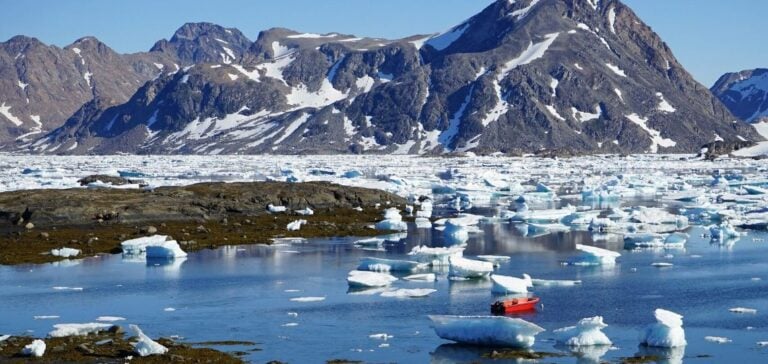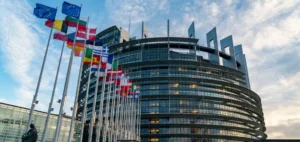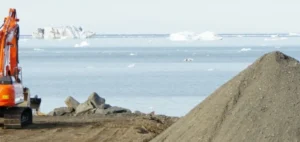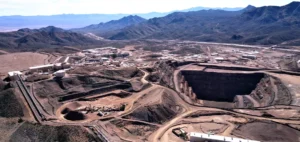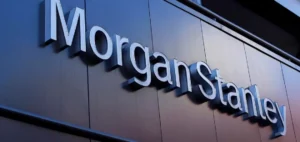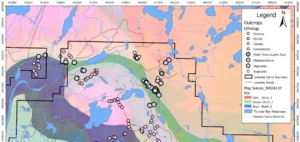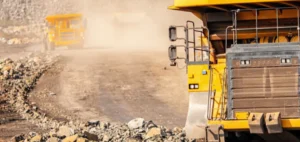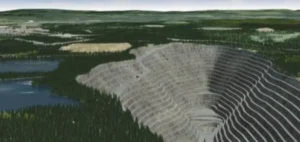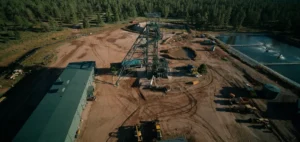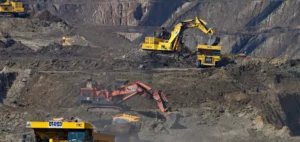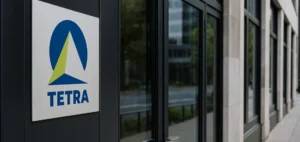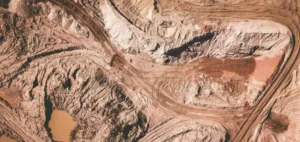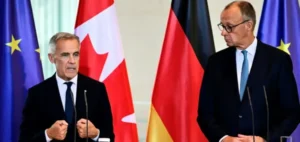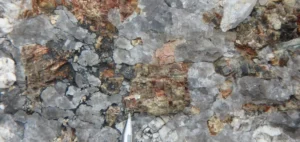The European Union (EU) has officially announced the selection of thirteen priority projects aimed at securing its supply of critical materials. Among these initiatives is a mining project in Greenland, designed to extract essential resources such as lithium, cobalt, and rare earths. These strategic raw materials are indispensable for key sectors including electric batteries, renewable energy, and digital technologies. This decision aligns with a broader EU strategy aimed at reducing dependence on imports, particularly from China.
Reducing External Dependence
The inclusion of a project in Greenland represents a significant signal from the European Union in its quest for strategic autonomy regarding critical mining resources. Currently, Europe imports nearly 98% of its rare earth elements, primarily from China, leaving the continent exposed to economic and geopolitical risks. By diversifying its sources of supply through these thirteen projects, the EU aims to strengthen the resilience of its industrial supply chains. This plan would thus help mitigate potential impacts from international disruptions and price fluctuations on global markets.
These initiatives are governed by the recently adopted Critical Raw Materials Act (CRMA), designed to simplify regulatory processes and accelerate investments. The CRMA provides investors with a stable legal framework and substantial financial support to rapidly expand local extraction capacities. Additionally, the EU emphasizes transparency and traceability of supplies through rigorous control mechanisms, ensuring reliability of material sources for European industries.
Impact on European Industry and Economy
The thirteen approved projects represent a cumulative investment estimated at several billion euros, combining public funding and private capital. According to the European Commission, implementation of these initiatives could generate thousands of direct and indirect jobs and modernize infrastructure in the affected regions. These projects are also expected to stimulate local economies by developing specialized technical skills that meet the growing demands of Europe’s advanced industries. Nevertheless, the speed of implementation remains a critical factor for ensuring their effectiveness and relevance amid international competition.
For European industrial players, these initiatives are particularly strategic as they guarantee stable and secure access to critical materials. Industries dependent on these resources closely follow project developments, recognizing their success as vital for maintaining competitiveness globally. According to industry analysts, the ability to control these supply chains will significantly influence Europe’s industrial dynamics in the coming decades.


